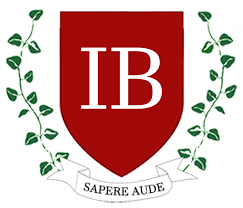What Counts as Advanced Training in STEM Research?
by David H. N., PhD
Advanced training in STEM research is one of the most important extracurricular activities in college applications. This type of training is often unique compared to what a student learns in AP courses or community college courses. Due to the nature of these training programs, they might also allow the student to create novel contributions to STEM or intriguing proof of concept discoveries.
However, these trainings do not have to create something groundbreaking in order to be beneficial to your college admissions success; 99% of them don’t create something amazing, and that’s okay.
This article will describe three of many categories of advanced STEM trainings available to high school and community college students seeking admissions to four-year universities.
It’s important to understand that one of the greatest values of advanced STEM training is adding a mentor to your professional network, not just gaining new skills. Having mentors who can write great letters for you and make phone calls for you will be priceless in your future in college and beyond.
- Internships at Tech, BioTech, and ChemTech Companies
The most traditional type of advanced training comes from being an intern at a company. These internships are valuable because you build relationships with people in, and gain skills relevant to, the work world. For-profit companies are the engines of each tech industry, so they provide a lot of things that a student can learn. What they offer is unique to internships in academic labs at universities, because for-profit companies need to be good at more than just interesting scientific ideas.
- Themed Summer Camps
Each major research university has at least one summer STEM camp — some have a dozen. These range from lecture-based classes, to group projects, to 1-on-1 mentorship under a graduate student. The most valuable, and competitive, ones are the mentored research projects. Each camp will either have a theme, such as surgery, or multiple themed tracks, such as physics or chemical engineering or cyber security.
- Workshops That Guide Students on Writing a High-Level Research Paper
Though many fields of STEM do not lend themselves to at-home projects because of dangerous materials and expensive equipment, students can still learn theoretical and conceptual skills that are highly relevant to these fields. Extended workshops that guide students on how to write a high-level research paper, mentored by a graduate student, provide highly valuable scientific skills. These include how to synthesize complex ideas, how to understand the way that STEM professionals think are expected to think, and how to explain complex topics in ways that are coherent.


